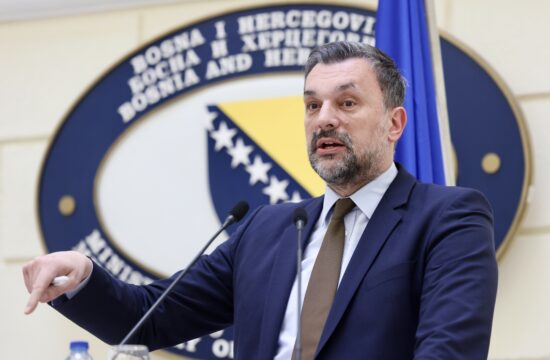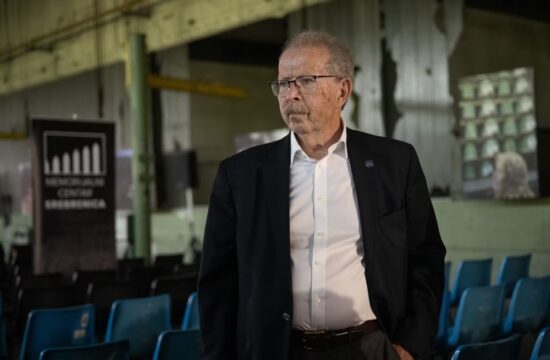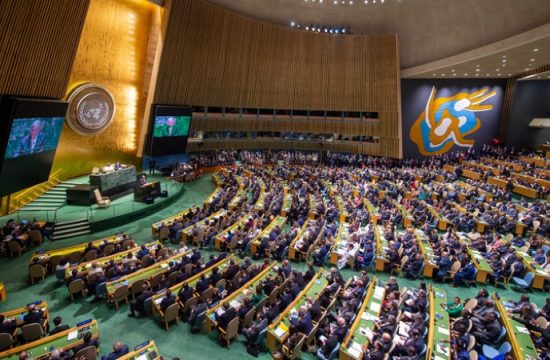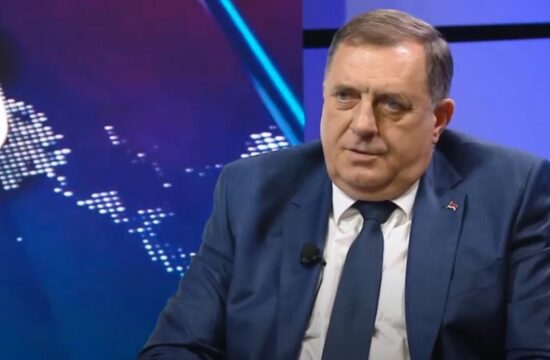Former Deputy Commander of the Republic of Bosnia and Herzegovina Interior Ministry’s special forces, Zoran Cegar, spoke to N1 about the marking of May 3rd and the events in the Dobrovoljacka Street, in 1992.
“For 25 years now, every 2nd and the 3rd of May, we are talking about the same thing. I said it once, I’ll say it again, today: There were two battles, the one for the Presidency building on May 2nd, and the other on May 3rd at Dobrovoljacka street,” Cegar said.
The controversy of the events refers to the pulling out of Yugoslav People’s Army (JNA) soldiers, who had been stationed in Sarajevo barracks, and generally to the developments from the beginning of May the same year, soon after the siege of the city began.
On May 2nd, the Yugoslav People’s Army attempted to take over the Bosnia’s Presidency building but was met with a fierce resistance by the Bosnian Army who pushed the Yugoslav People's Army back, thus defending the Presidency building.
Then, a convoy of some 30 vehicles carrying JNA soldiers was supposed to leave Sarajevo on May 3, 1992. Their departure was previously agreed in exchange for the release of the President of Bosnia and Herzegovina, Alija Izetbegovic, who had been detained earlier by the JNA.
However, as the departing convoy was passing the Dobrovoljacka Street, skirmishes between the JNA and Bosnian Army units occurred, which led to 7 killed and 14 injured, according to the Bosnian Prosecutor's Office.
“The Dobrovoljacka incident was not a battle in the exact meaning of that word. It was an incident where six people were killed. I was there, I put the dead and the wounded into an ambulance. It was not an attack, it was a crime but it can not be generalized”, Cegar added. “I know that the information from Belgrade was that 199 people were killed, that 200 people were wounded and that some people were taken hostage. The convoy consisted of 216 military personnel and 36 vehicles, Six people were killed. I’m not justifying what happened, God forbid.”
Cegar then stressed: “Eleven thousand people and nearly 2,000 children, died in this city. The city was set on fire and destroyed and it was besieged for so many years.”
He claims that Serbia was the alleged aggressor. “They destroyed my city, they killed my neighbours, they displaced my family,” Cegar concluded.
He added that he does not support the idea that people go through one and the same thing over and over again.
“I don't like repeating the same thing year after year. I support the idea that we put these events finally behind us and that we build a factory or a school together. The people who died in the Dobrovoljacka street were a legitimate target. Whoever says otherwise, is lying. If I were guilty of anything, I would not have been here. I would have been serving my time and after that, I would have been a free man,” Cegar said.




